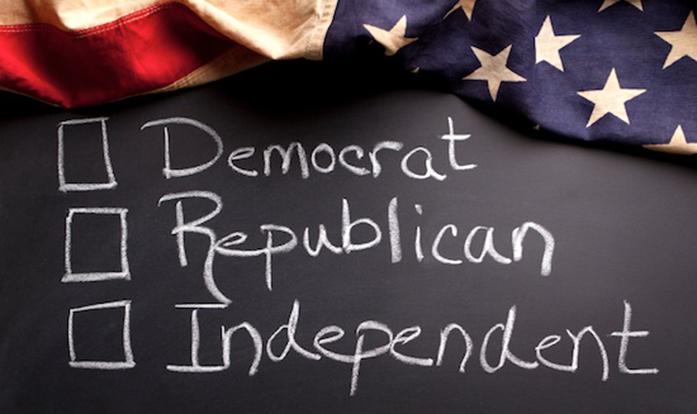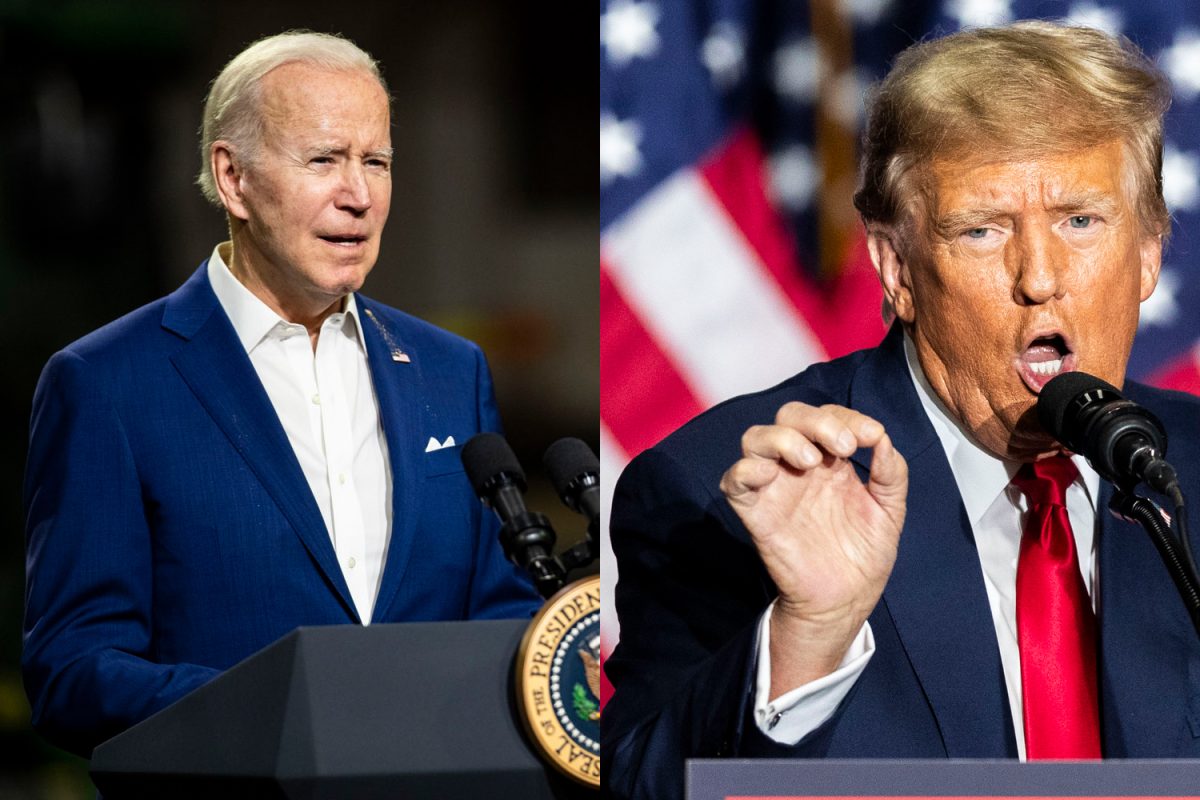K
eegan-Michael Key and Jordan Peele, in a skit, satirized the idea that “Black Republicans are not a monolith.” Christopher Peters, the Republican candidate in Iowa’s 2nd Congressional District, maintains a similar sentiment in saying “the Republican Party is not a monolith.” Aligned with libertarian ideology, Peters believes in the power of the free market, advocating liberty-focused, market-based solutions to America’s problems. Despite his libertarian-leaning views, Peters is running as a Republican against Iowa’s Rep. Dave Loebsack.
Although the Republican candidate noted his concern that the country’s attention is overly consumed by the presidential race, it is important to consider how independent candidates and voters alike can function in the partisan, two-party system. For Peters, focusing on a better future will effect change in the current system. He has in the past run as an independent, libertarian candidate, with limited electoral success. Peter’s decision to run as a Republican illustrates the pressure placed on candidates to bend toward a partisan standard in order to achieve political success.
Peters revealed an interesting dichotomy between what he describes as the difference between running for office and governing during an interview with Daily Iowan staff, which appears to transcend the traditional “partisan filter.” Because much emphasis is placed on a candidate’s political affiliation, it seems that bipartisanship and general virtues of character come as a mere afterthought. Peters said his “most important constituency is his family,” and while this may or may not be proven true, it does speak to something that appears to be obscured under the lens of the partisan filter.
Voting reform would be necessary to escape the traditional two-party system, but that does not mean the merits of a multiparty system could not be applied to our current system. Coalitions and competition among candidates could prove to create a more effective and diverse governing body. These are aspects that already exist but remain hidden under the bold-type labels of political candidates, but once the partisan filter is removed from the eye, we would be able to see the complexity of our current political system.
It is not a matter of introducing features to our governing body but rather encouraging and improving the ones that are already present. Peters is by no means an outlier, because party lines have proven to be flexible and accommodating throughout history, with former presidential candidate Sen. Bernie Sanders as a notable recent example. It’s not an issue of how one decides to run but rather, how one wishes to govern, and this is not dictated by the party one claims to be. When one decides to enter a system composed of a spectrum of government representatives almost arbitrarily assigned a political party at times, it becomes all the more important for candidates to decide what they wish to achieve in semi-flawed system. For voters, it will become an issue of what they want to see in their elected officials, and to do so without considering political affiliation first.









